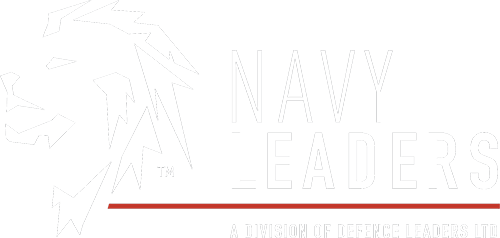)
João Tasso de Figueiredo Borges de Sousa
João Tasso de Figueiredo Borges de Sousa is an Associate Professor at the Electrical and Computer Engineering Department, University of Porto, and the Director of the Laboratório de Sistemas e Tecnologias Subaquáticas – LSTS (Underwater Systems and Technologies laboratory). He received MSc and PhD degrees from the University of Porto.
The LSTS specializes in the design, construction, and deployment of networked vehicle systems and develops the open-source LSTS software for networked vehicle systems ( https://www.lsts.pt/toolchain ) in use in over 20 countries The toolchain is also used in commercial applications under a licensing agreement.
His research interests are in networked multi-domain unmanned vehicles, design of unmanned maritime vehicles, cyber-physical systems, control and dynamic optimization, and applications in the ocean sciences, security, and defense. He has held visiting positions at UC Berkeley, Lund University, University of Hawaii, Monterey Bay Aquarium Research Institute, Royal Institute of Technology, Stockholm, and Norwegian University of Science and Technology.
He was one of the coordinators of the committee in charge of developing the Portuguese Strategic Agenda for the Sea (2018) and a member of the panel, appointed by the Portuguese government, to write the report “A strategy for the ocean” (2003).
He is an Associate Editor for the IEEE Journal of Ocean Engineering since 2017. He has been an associate Editor for the IEEE Robotics and Automation Conference, since 2016, Associate Editor IEEE/RSJ International Conference on Intelligent Robots and Systems, 2015-2017, and Associate Editor, International Conference on Unmanned Aircraft Systems, 2015-2018.
He was a co-chair of the IEEE/MTS Oceans 2021 San Diego Porto Conference. the chair of the 2018 IEEE OES AUV Symposium and of the 2013 IFAC Navigation, Guidance and Control Workshop, the chair of the International Program Committee of the IFAC Workshop Navigation, Guidance and Control of Underwater Vehicles, Girona, 2015, and the chair of the International Conference Oceans: challenges and opportunities, Porto, 2013.
He is the chair of the Swedish Marine Robotics Center Advisory Board, and a member of the NATO Maritime Systems Innovation Advisory Board, of the Scientific advisory board of VISTA Centre for Autonomous Robotic Operations Subsea (CAROS), Norwegian University of Science and Technology, of the Advisory Board to the SFI-Ocean initiative, University of Bergen, and of Subsea Sail Inc, San Diego.
He received the IEEE Ocean Engineering Society mid-career Rising Star award in 2018, the IEEE RAS Most Active Technical Committee Award (member of the Technical Committee on Multi-Robot Systems) in 2018, an outstanding teaching award from Porto University in 2008, and the BES Innovation National Award in 2006 (for the design of the Light Autonomous Underwater Vehicle - LAUV). The award-winning LAUV is now commercialized by Oceanscan - Marine Systems and Technologies LDA, a spin-off company from Porto
University. Currently, there are approximately 100 LAUVs in operation in the world.
He is one of the founders and one of the co-organizers, since 2010, the Robotic Experimentation and Prototyping Augmented by Maritime Unmanned Systems (REPMUS) large-scale exercise, the largest exercise of its kind in the world, in cooperation with the Portuguese Navy, the Center for Maritime Research and Experimentation (NATO) and the Maritime Unmanned Systems Initiative (NATO). He was a member of the Core Planning Team of the Dynamic Messenger NATO exercise in 2022. He is a member of several NATO committees, including the CATL and STANAG 4817 working groups.
He led, since 2005, operational deployments with multiple multi-domain vehicles taking place in the Atlantic, Arctic, and Pacific Oceans, as well as in the Mediterranean and Adriatic seas. He was the chief scientist for the 2018 Schmidt Ocean Institute cruise Exploring Fronts with Multiple Robots in which a novel approach to observe the ocean with coordinated multi-domain vehicles and ship was successfully demonstrated. The target area was the Northern Pacific Subtropical Front located approximately 1000 nautical miles west of San Diago, United States of America.
He is one of the founders and one of the co-organizers, together with colleagues from the University of the Azores and from the Massachusetts Institute of Technology, of the Marine Robotics Summer course, since 2021.
He participated in over 140 research and development projects in Portugal, Europe, and the United States of America, including the coordination of 20 national and international projects, being the Principal Investigator from LSTS in 45 of these projects. He has authored over 400 publications, including over 40 journal papers.
-
22-May-2025Systems of MUS: the way forward
